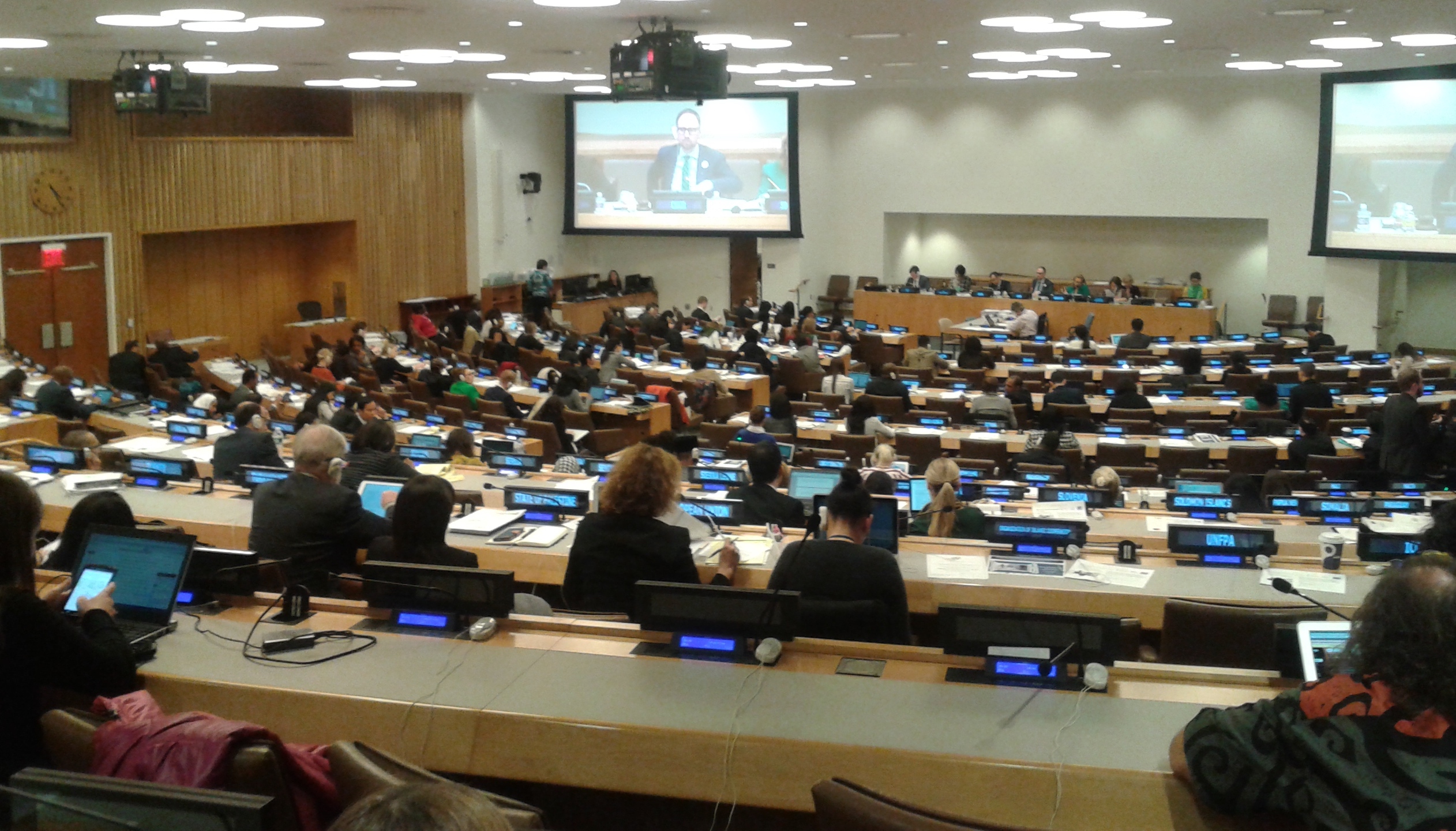
GI-ESCR & CIEL develop toolkit for OSCs to work with HRTBs
The Global Initiative on Economic, Social and Cultural Rights (GI-ESCR) and the Centre for International Environmental Law (CIEL) have published three new resources to provide guidance to civil organizations on how to work with Human Rights Treaty Bodies (HRTBs) in the context of State review processes and to amplify the 2022 outputs by these bodies in relation to the climate emergency. These materials are available both in English and Spanish.
HRTBs are the expert bodies established by the international human rights treaties and mandated to monitor their implementation by State parties. The HRTBs are made up of independent human rights experts elected by the State parties. As monitors of the UN human rights treaties, HRTBs review States’ reports to assess their compliance with human rights obligations. Through these processes, treaty bodies provide States with recommendations (“Concluding Observations”). Civil society organizations have the opportunity to submit 'parallel reports,' presenting their perspective on the human rights situation in the State undergoing review. Consequently, this process can be a valuable advocacy avenue to obtain country-specific recommendations addressing deficiencies in national climate policies from a human rights perspective. These recommendations can strengthen calls for action from civil society and support legal action related to national climate and energy policies, by clarifying the scope of States’ obligations.
Thus, given the usefulness of these procedures, GI-ESCR and CIEL have put together a Toolkit on Leveraging the UN Human Rights Treaty Bodies for Climate Campaigning. These resources provide information on the opportunities offered by HRTB State reporting procedure to obtain expert UN recommendations to States to reinforce climate advocacy at the national level. The material also offers advice on how to submit information in a way that is most likely to secure recommendations regarding climate policies.
The toolkit includes a background note, which offers a short overview of the functioning of the reporting procedure before HRTBs, describing its stages and highlighting the opportunities for civil society to provide input. The document also proposes ways to leverage each stage of this process in order to exert pressure on States to address climate change and to seek recommendations that reinforce advocacy messages at the national level, particularly in the context of climate litigation. Additionally, the toolkit includes a guidance note on how to prepare a parallel report to be submitted to a HRTB to impact the assessment of a State's observance of its treaty obligations. The document outlines the process for identifying crucial climate issues for the respective State and emphasizing the connections between national climate actions (or lack thereof) and the State's human rights responsibilities. The aim of this guidance note is to empower organizations to present relevant information on climate impacts and policies to pursue country-specific recommendations from HRTBs.
Moreover, GI-ESCR and CIEL have published the synthesis note on “States’ Human Rights Obligations in the Context of Climate Change: Guidance Provided by the UN Human Rights Treaty Bodies”, a flagship annual publication that provides insights on the content of HRTBs outputs in relation to the climate emergency during 2022.
Besides reviewing States’ compliance with human rights obligations (State review process), HRTBs also produce General Comments (GCs) or statements that provide general guidance to States on the interpretation of the treaty; and adjudicate Individual Communications (complaints of violations of the treaty by a State Party presented by individuals).
The synthesis note on States’ Human Rights Obligations in the Context of Climate Change: Guidance Provided by the UN Human Rights Treaty Bodies builds on previous reports published by CIEL and GI-ESCR adding information and analysis on the work of HRTBs on climate change in 2022. The analysis considers the work of the seven HRTBs whose mandates relate most directly to climate change. This publication is part of the efforts harnessed to make accessible and disseminate the work of HRTB, as well as to provide NGOs, activists, experts and other practitioners with additional tools to advocate for climate action.




